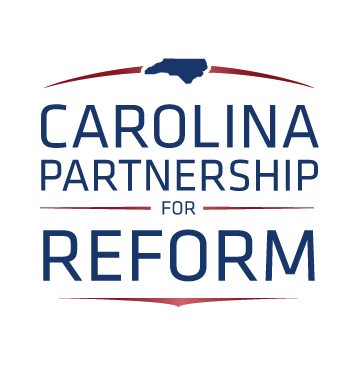Legislature Shortens Cooper’s Leash on Pipeline Permitting
Two provisions got little attention, but taken together help secure North Carolina’s energy future
The Reform Majority wisely passed two little-noticed provisions last week that shorten Gov. Roy Cooper’s leash as his administration gets closer to considering a new round of permit applications for the MVP-Southgate pipeline.
The new laws governing permits come just a few years after Cooper’s shenanigans in dragging out the permitting process for the now-defunct Atlantic Coast Pipeline.
The new MVP-Southgate pipeline is critical to North Carolina’s energy security because, right now, the state relies on just one pipeline for its entire supply of natural gas – and natural gas powers almost 40% of the state’s electricity grid. If the natural gas supply from that one pipeline goes down, then North Carolina’s electricity grid will soon follow.
The first provision was included in the state budget (Section 12.10) and reads as follows:
“…the Department of Environmental Quality shall not…refuse to issue any permit, authorization, or certificate based solely on the failure of an applicant to obtain another permit, authorization, or certification required for the same project.”
The new language comes after the Department of Environmental Quality (DEQ) behaved very oddly when it rejected a permit for MVP-Southgate in 2020. Even though the DEQ staff expert in charge of reviewing the application recommended conditional approval, the agency ended up rejecting it, blaming federal permit reviews in Virginia.
Even the crazy Fourth Circuit Court of Appeals – which Congress recently stripped of its jurisdiction over the Mountain Valley Pipeline – ridiculed DEQ’s irregularities.
The second provision was included in Section 7 of House Bill 600, the Regulatory Reform Act of 2023. The measure sets strict time limits on DEQ’s review of permit applications for projects involving “the distribution or transmission of energy or fuel,” including natural gas.
Some will recall that the Cooper Administration delayed Atlantic Coast Pipeline permits over and over again for months. Text messages and other public records revealed the Cooper Administration delayed the permits as Cooper and top staff apparently pressured Duke Energy to enter into a private contract favorable to Cooper’s solar industry allies.
In a now-infamous text message exchange, Cooper’s top lieutenants informed him that DEQ would soon issue the Atlantic Coast Pipeline permits, and Cooper responded: “Where are the solar boys on their deal?” The solar boys hadn’t finalized their deal, and DEQ didn’t issue the permits.
Bottom line: The Cooper Administrations has stretched the bounds of ethics and the law to block new natural gas pipelines, despite North Carolina’s high-risk reliance on a single supply source for nearly 40% of the state’s electricity needs.
The Reform Majority is right to shorten Cooper’s leash.

